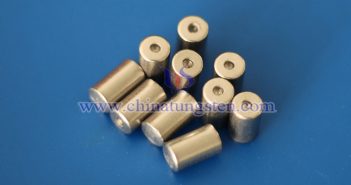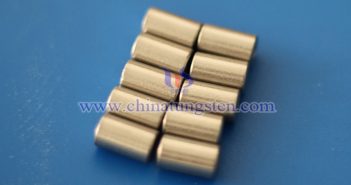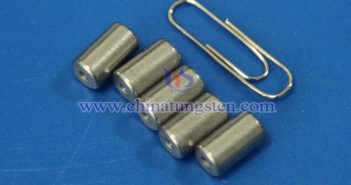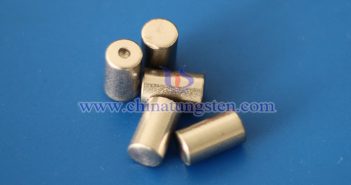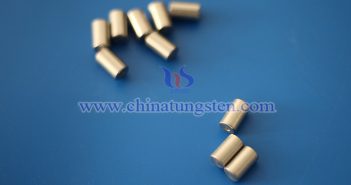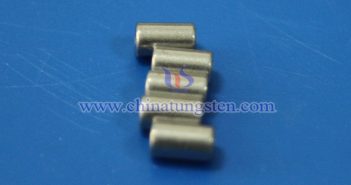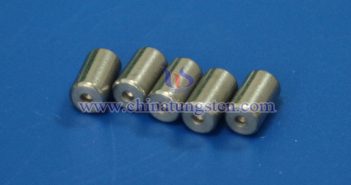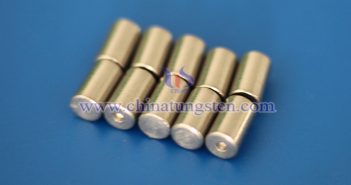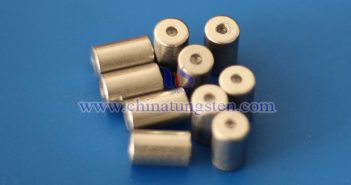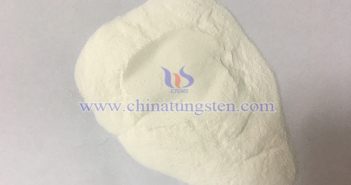
Ammonium metatungstate (AMT) produced by CTIA GROUP LTD is an inorganic composite salt with the molecular formula H??N?O??W??, formed by the combination of ammonium cations and metatungstate anions. It appears as a white crystalline powder or slightly yellowish solid. At the microscopic level, its atoms are arranged in an orderly manner through specific chemical bonds, forming a stable chemical structure that endows AMT with unique chemical properties. I. Basic Properties of Ammonium Metatungstate Solubility: AMT is highly soluble in water,…

